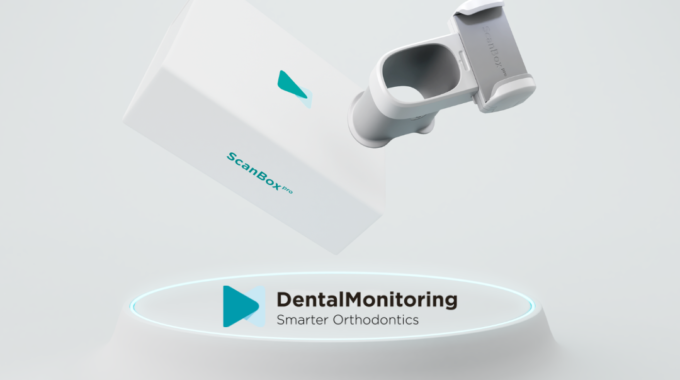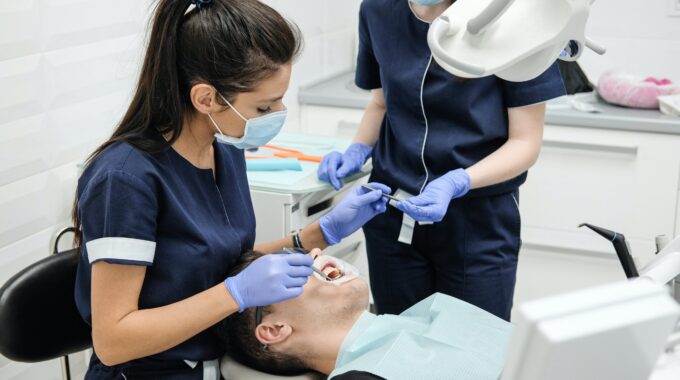What is Dental Monitoring? Dental Monitoring is a program that has been developed by a…

Eating disorders and Orthodontics
Mental illness affects people of all ages, genders, and ethnicities with eating disorders affecting approximately 1.25 million people in the UK alone.
Many eating disorders present during adolescence when a heightened awareness of body image, and an urge to conform to societies perceived beauty norms, is prevalent. Inevitably this can affect a patients’ suitability for braces.
Eating disorder categories:
- Anorexia Nervosa- unexplained, seriously low body weight and fear of gaining weight
- Bulimia Nervosa- normal weight with binge-eating and forced vomiting to maintain weight
- Diabulima- diabetic patients who limit their inulin doses to control body weight
- Binge-eating disorder- increased weight due to recurrent and frequent episodes of binge eating
- PICU- regular consumption of items with no nutritional value eg: paper, most common in eating disorder in those with learning difficulties
- Avoidant/restrictive food intake disorder (ARFID)- low body weight due to little interest in eating or avoidance of certain foods/food groups
- Rumination disorder- Repetitive and habitual bringing up of food that may be partially digested to be chewed again or spat out
As you can imagine, individuals with eating disorders are nutritionally deficient. This can lead to infections of the soft tissues of the cheeks and lips such as angular cheilitis, glossitis, ulcers and fungal infections.
There can also be signs of trauma from objects used to induce vomiting, like toothbrushes or fingers. Such patients often have a dry mouth caused by dehydration, reduced saliva flow and antidepressant medication along with vomiting in some cases. These can all increase the risk of tooth decay.
Other issues include erosion of the enamel of teeth as a result of stomach acid that is brought when being repeatedly sick. This can lead to dentine/pulp exposure, sensitivity, shortening of teeth due to wear and darker teeth.
All these things considered, braces can do more harm than good in patients who are struggling with eating disorders. However, if doesn’t mean that they can’t have their teeth straightened, we just need to bare a several additional factors in mind:
- We will need to work closely with patients and medical colleagues to find the right help for our patients
- We may to need work with restorative colleagues to restore tooth tissue lost through acid erosion and wear
- Optimum oral hygiene to reduce decay is extremely important and will need to be monitored during treatment
- Advice to avoid brushing soon after vomiting to prevent tooth surface loss
- Tooth movement can slower due to malnutrition, so expect longer treatment times
- Avoid some ceramic brackets on fragile teeth, as they can be harder to remove than metal brackets
- In some cases Invisalign may be beneficial as it can be removed so no hinderance to cleaning teeth
Those with eating disorders may have difficulty talking openly about their experiences. Our aim, at Northwood Orthodontics, is to build relationships so that we can offer a safe and comfortable environment in which to flourish on the way to a new smile.



